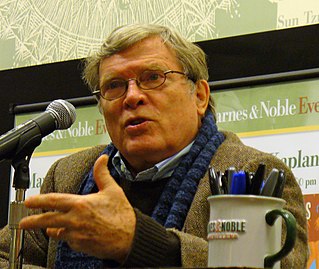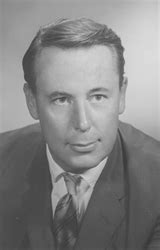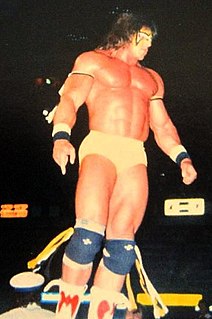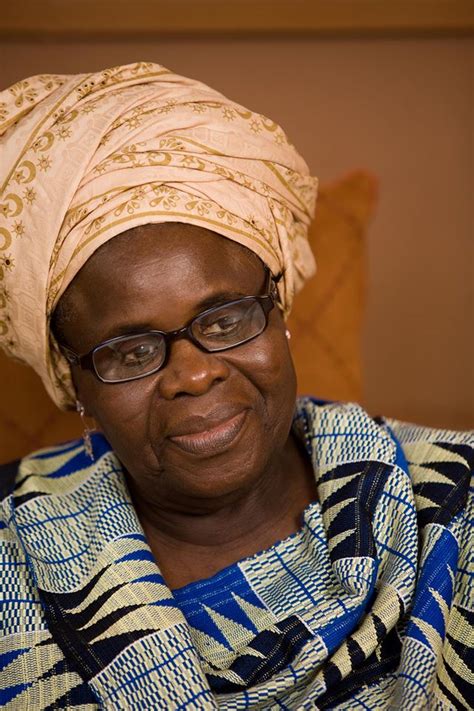A Quote by Jaime Gil de Biedma
I believed that I wanted to be a poet, but deep down I wanted to be a poem.
Related Quotes
I think Walt Whitman went to the help wanted section and found a squib that said "Wanted: National Poet." And he was innocent enough to believe there really was such a job. And if he could just write a poem that incorporated everything he felt and suspected and hoped for from America that he would have the position.
I wanted a metamorphosis, a change to fish, to leviathan, to destroyer. I wanted the earth to open up, to swallow everything in one engulfing yawn. I wanted to see the city buried fathoms deep in the bosom of the sea. I wanted to sit in a cave and read by candlelight. I wanted that eye extinguished so that I might have a chance to know my own body, my own desires. I wanted to be alone for a thousand years in order to reflect on what I had seen and heard - and in order to forget.
I went to New York. I had a dream. I wanted to be a big star, I didn’t know anybody, I wanted to dance, I wanted to sing, I wanted to do all those things, I wanted to make people happy, I wanted to be famous, I wanted everybody to love me. I wanted to be a star. I worked really hard, and my dream came true.
…though I wouldn’t have admitted it, even to myself, I didn’t want God aboard. He was too heavy. I wanted Him approving from a considerable distance. I didn’t want to be thinking of Him. I wanted to be free—like Gypsy. I wanted life itself, the color and fire and loveliness of life. And Christ now and then, like a loved poem I could read when I wanted to. I didn’t want us to be swallowed up in God. I wanted holidays from the school of Christ.
I wanted to walk over there. I wanted to curl up beside him, lean against him, talk to him. I wanted to know what he was thinking. I wanted to tell him everything would be okay. And I wanted him to tell me the same thing. I didn't care if it was true or not- I just wanted to say it. To hear it, to feel his arms around me, hear the rumble of his words, that deep chuckle that made me pulse race
I know that in a poem, even when the speaker is speaking from the poet's experience, there's always something that's borrowed, some authority that sits outside of the poet that the poem has claimed. There's a dramatic pitch that makes the speaker capable of saying something more courageous or stranger or simply other than what the poet would be able to say.
I wanted the past to go away, I wanted to leave it, like another country; I wanted my life to close, and open like a hinge, like a wing, like the part of the song where it falls down over the rocks: an explosion, a discovery; I wanted to hurry into the work of my life; I wanted to know, whoever I was, I was alive for a little while.







































